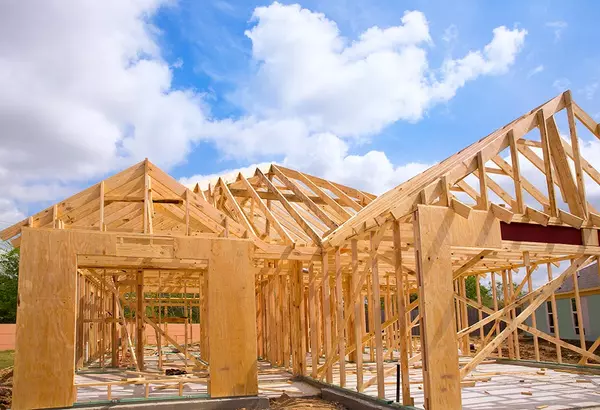10 Tips to Deal with Your HOA

10 Tips to Deal with Your HOA
The Homeowners Association (HOA) plays a crucial role in maintaining the aesthetic appeal, harmony, and property values of a community. Whether you are a buyer or seller, it is important to understand how to navigate the regulations and requirements of your HOA. In this blog, we will provide you with 10 essential tips to effectively deal with your HOA.
1. Familiarize Yourself with the Rules: Before purchasing a property in an HOA community, carefully review the association's rules and regulations. Understanding these guidelines will help you determine if the community aligns with your lifestyle and preferences. As a seller, ensure that you provide potential buyers with a copy of the HOA rules to avoid any surprises.
2. Attend HOA Meetings: Active participation in HOA meetings not only keeps you informed about community updates, but it also gives you an opportunity to express your concerns and contribute to decision-making processes. This involvement will help you build positive relationships with your neighbors and the HOA board.
3. Pay Dues and Assessments Timely: HOA dues and assessments are essential for the smooth operation of the community. As a buyer, make sure you understand the financial obligations associated with your property. Sellers should ensure that all outstanding dues and assessments are paid in full before transferring ownership. Late payments can result in penalties and strained relationships with the HOA.
4. Communicate Effectively: Open and clear communication is key to maintaining a good relationship with your HOA. Reach out to the HOA board for any concerns or questions you may have. By addressing issues promptly, you can prevent minor problems from escalating into major conflicts.
5. Obtain Approval for Modifications: If you plan to make any improvements or modifications to your property, it is crucial to obtain the necessary approvals from your HOA. Sellers should provide buyers with records of approved modifications. Failure to do so may result in fines or the requirement to undo unauthorized changes.
6. Be a Good Neighbor: Respecting your neighbors and the community's shared spaces is vital. Avoid disruptive activities, such as excessive noise or improper parking. By following the rules and maintaining a considerate attitude, you can foster a harmonious living environment.
7. Stay Informed on Maintenance Responsibilities: Familiarize yourself with your responsibilities as a homeowner and those that are managed by the HOA. As a buyer, ensure you understand what exterior maintenance tasks are covered by the association. Sellers should provide buyers with detailed information about shared maintenance responsibilities.
8. Learn about Dispute Resolution Procedures: Disagreements can arise between homeowners and the HOA. It is important to familiarize yourself with the HOA's dispute resolution procedures to ensure that conflicts are resolved fairly and efficiently. Knowing the steps involved can help prevent misunderstandings and unnecessary legal action.
9. Review HOA Financials: Transparency in financial matters is critical for a well-managed community. As a buyer, review the HOA's financial statements and budget to ensure its financial stability. Sellers should provide potential buyers with copies of these documents to instill confidence in the community's financial health.
10. Stay Involved and Volunteer: Active involvement in your HOA can positively impact your community. Consider volunteering for committees or running for a position on the board. By actively participating, you can contribute to important decisions and help shape the future of your community.
Remember, the HOA exists to enhance the quality of life within your community. By following these tips, you can develop a positive relationship with your HOA, ensuring a harmonious and enjoyable living experience for all homeowners.
Categories
Recent Posts










